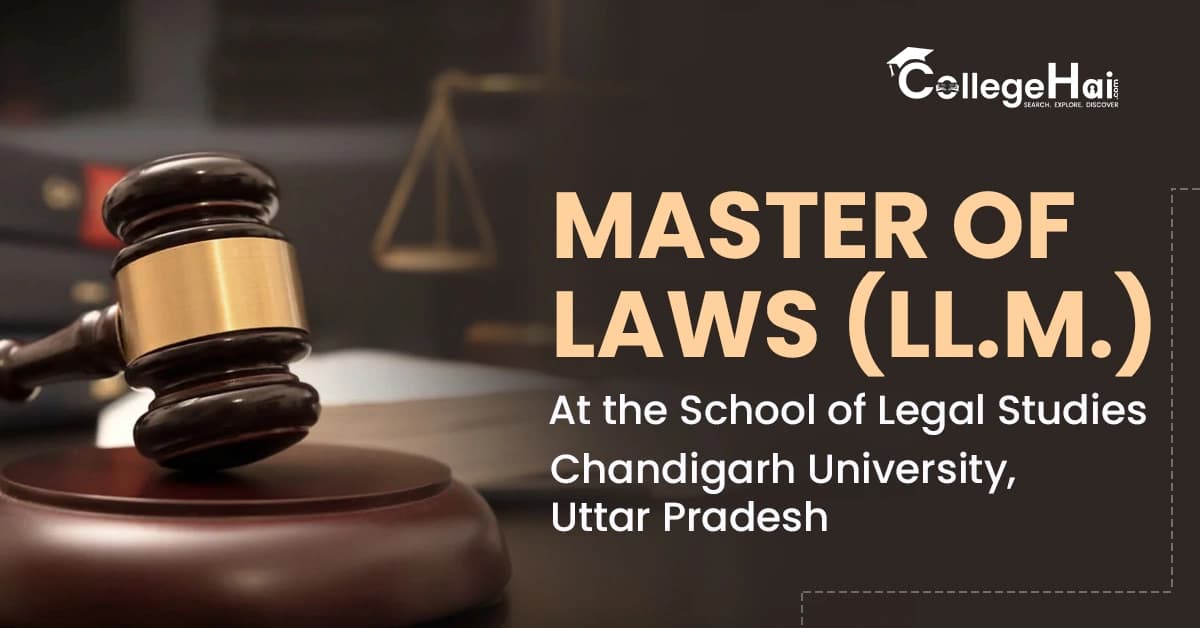How to Prepare for MBA Entrance Exams While Working Full-Time
Preparation for an MBA entrance exam while holding full-time employment is a process that requires discipline, planning, and patience. For the majority of working professionals, the journey of selecting an MBA begins with the need to fast-track career development, change industries, or develop an understanding of business dynamics for the sole intention of attaining industrial expertise. However, it can prove demanding to balance the demands of a competitive career with the tight grind of competitive exams such as Common Aptitude Test, GMAT, XAT, or NMAT. It may not be for all.
This blog is intended to take working professionals through a rational and pragmatic MBA exam preparation process. It gives advice on time management, resource selection, mental wellness, and maximization of professional experience, all against the backdrop of the unique constraints of full-time working. If you are a software professional, marketing manager, banker, or entrepreneur, the skills here will allow you to handle your dual capacities with confidence and sureness.
Don't forget, Nothing is impossible. Sometimes it might seem like a lot, but if you work hard and believe in yourself, you can do it.
Understanding the Challenge
The first step in preparing for MBA entrance test while working is acknowledging the unique set of challenges that come with it. Unlike students who can dedicate their entire day to preparation, working professionals must contend with:
Long work hours and unpredictable schedules
Mental fatigue after a full day of professional responsibilities
Limited access to weekday coaching classes
Reduced flexibility for revision and mock tests
In spite of these limitations, most professionals manage to strike top MBA exams every year. The secret is not in the quantity of hours spent studying, but in the quality of preparation and consistency over a period of time.
Define Your Goal and Choose the Right Exam

Take time out before starting preparation and think through your goals. Ask yourself:
Why do I need to study for an MBA?
What types of careers or industries am I looking at after my MBA?
Which schools or programs are in line with my goals?
Which entry exams are used by these institutions?
Every MBA entry exam has its own format, level of difficulty, and acceptance process. Making the right choice of exam based on your strengths and career objectives is most important.
Comparison of Major MBA Entrance Exams
Understanding the format and expectations of your chosen exam will help you tailor your preparation accordingly.
Build a Realistic and Flexible Study Plan
A well-structured study plan is the backbone of effective preparation. For working professionals, the plan must be both realistic and adaptable. Aim for 2 to 3 hours of focused study on weekdays and 6 to 8 hours on weekends. To help the aspirants out, here is a simple sample weekly study schedule :
Sample Weekly Study Schedule
Note:- That this is only a sample schedule and do not entirely count on it. This schedule may be adjusted according to your work hours, travel obligations, and other responsibilities. The aim is to keep consistency without sacrificing your health or job performance.
Select High-Impact Study Materials
With time constraints, choosing the most suitable study materials is essential. Prioritize materials that provide clarity, depth, and practice spaces.
Recommended Materials
- Books:
- Quantitative Aptitude: Arun Sharma's CAT Quantitative Aptitude
- Verbal Ability: Word Power Made Easy by Norman Lewis
- Logical Reasoning: RS Aggarwal's Logical Reasoning
- Online Platforms:
- Byju’s, Unacademy, IMS, TIME, Cracku
- Apps:
- GMAT Official App, CATKing, Gradeup
- Mock Tests:
- Sectional and full-length tests from reputed coaching institutes
Use flashcards, podcasts, and YouTube explainers during commutes or breaks to maximize learning during idle time.
Master Time Management
Time management isn't merely compressing study time into your schedule, it's maximizing your energy and concentration. Some of the strategies to do so include:
Study in the morning: Early morning hours tend to present the best concentration.
Make use of commute time: Listen to vocabulary podcasts or mental math exercises.
Block distractions: Utilize productivity apps such as Forest or Pomodoro timers.
Plan weekly: Goal-set each Sunday for the week to come.
Prioritize tasks: Learn how to say no to commitments that are non-essential.
Take your preparation as a project, monitor progress, establish milestones, and modify timelines if necessary.
Physical and Mental Well-being
Burnout is a serious possibility when balancing work and exam preparation. To remain productive, you need to take good care of your health. Below are some of the wellness tips that you need to keep in mind:
Wellness Tips:
Sleep: Get 6–7 hours of sleep to help memory and concentration.
Exercise: Do light exercise such as walking, yoga, or gym exercises.
Nutrition: Have nutritious food full of brain-friendly nutrients.
Breaks: Take breaks in between studies to prevent fatigue.
Mindfulness: Do meditation or journaling to reduce stress.
A healthy body and mind are necessary to perform optimally in the long term.
Practice, Analyze, and Improve: How to Use Mock Tests Effectively
Mock tests are not only practice; they are diagnostic tools that uncover your weaknesses and strengths.
Begin with one mock a week, and go to two as the exam nears.
Spend 2-3 hours reviewing each mock: Find time-consuming questions and Spot repeat errors. Also, Track improvement in accuracy and speed
Keep an error log and go through it weekly. This assists in targeted revision and increases confidence.
Leverage Your Professional Experience
Your experience is not a disadvantage; it's an advantage. MBA schools appreciate experience, and your experience can augment your preparation.
Decision Making: Apply workplace scenarios to XAT’s decision-making section.
Data Interpretation: Utilize Excel or analytics acumen to address DI questions.
Communication: Enhance verbal skills through emails and presentations.
Time Pressure: Your work conditions you to work under deadlines, capitalize on that.
Incorporating professional insights into your preparation gives it depth and relevance.
Stay Motivated and Accountable
Motivation may falter, particularly during lengthy prep stages. Here's how to remain on track:
Join a study group: Peer support enhances morale and accountability.
Monitor progress: Record daily study time on planners or apps.
Visualize achievement: Imagine yourself in your ideal B-school.
Reward milestones: Mark and reward small victories to remain motivated.
Find mentorship: Network with MBA alumni for inspiration and advice.
Consistency is based on accountability. Let someone know your goals who can motivate and challenge you.
Final 30 Days Strategy
The last month before the exam is crucial. Shift focus from learning to revising and testing.
Final Month Priorities
Revise key concepts, formulas, and vocabulary
Take 3 to 4 mocks per week
Focus on speed and accuracy
Avoid new topics, consolidate existing knowledge
Practice relaxation techniques to stay calm
Trust your preparation and maintain a positive mindset.
Conclusion
Preparation for MBA entrance exams with full-time work is challenging but rewarding. It puts your discipline, flexibility, and determination to the test but also makes you strong and resilient. With a well-defined purpose, a well-planned strategy, and a will to improve yourself, you can surpass the difficulties and come out on top.
Keep in mind that the hard work you put in today will define your professional life tomorrow. The late nights, missing parties, and regular routines are short-term. The rewards, growth, professional development, and mental satisfaction are long-term.
Stay focused, stay consistent, and have faith in your ability. Your MBA journey begins now.



